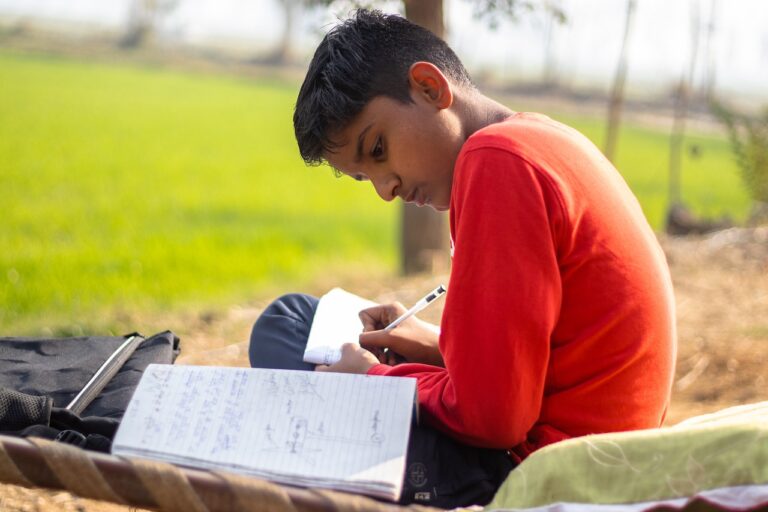Analyzing the Impact of Globalization on Education Equity
Globalization has deeply impacted the availability and distribution of educational resources worldwide. The interconnected nature of our global economy has allowed for the sharing of knowledge and information across borders, leading to a more diverse array of educational materials and opportunities for learners of all backgrounds. As a result, students today have access to a wealth of resources, including online courses, digital libraries, and virtual classrooms, that were previously unimaginable.
However, despite the many benefits that globalization has brought to the field of education, it has also created challenges in terms of resource allocation and equity. While some regions have seen a significant increase in educational resources and opportunities, others continue to struggle with limited access to basic educational materials and infrastructure. This disparity in resource distribution highlights the need for greater collaboration and support from developed nations to ensure that all individuals have the resources they need to receive a quality education.
Globalization’s Effect on Access to Quality Education
Globalization has significantly impacted access to quality education across the globe. With the rise of technology and interconnectedness, students now have access to a wealth of educational resources from different parts of the world. This has opened up opportunities for learners to engage with diverse perspectives and cutting-edge knowledge, ultimately enhancing the quality of education they receive.
Moreover, globalization has facilitated collaboration between educational institutions and professionals on a global scale. Through partnerships and exchange programs, students can now benefit from a more diverse range of educational experiences, from online courses to international study opportunities. This exchange of knowledge and best practices contributes to the continuous improvement of educational standards and quality worldwide.
Challenges Faced by Developing Countries in Achieving Education Equity
Achieving education equity in developing countries presents a complex set of challenges. One major obstacle is the lack of sufficient funding and resources to provide quality education for all. This leads to disparities in educational opportunities between urban and rural areas, as well as among different social and economic groups within a country.
Another key challenge is the shortage of qualified teachers. In many developing countries, there is a significant gap in the number of trained educators needed to meet the growing demand for education. This shortage not only affects the quality of teaching but also hinders efforts to ensure equal access to education for all children, especially those in marginalized communities.
• Lack of sufficient funding and resources leads to disparities in educational opportunities
• Discrepancies between urban and rural areas, as well as among different social and economic groups
• Shortage of qualified teachers hinders efforts to ensure equal access to education for all children
• Significant gap in the number of trained educators needed to meet growing demand for education
How does globalization impact educational resources in developing countries?
Globalization can lead to disparities in access to educational resources in developing countries, as wealthier nations may have more resources to invest in education compared to poorer nations.
How does globalization affect access to quality education in developing countries?
Globalization can result in unequal access to quality education in developing countries, as wealthier nations may have better educational infrastructure and resources compared to poorer nations.
What are some of the challenges faced by developing countries in achieving education equity?
Developing countries may face challenges such as limited funding for education, lack of qualified teachers, inadequate infrastructure, and cultural barriers that hinder access to education for marginalized populations.
How can developing countries overcome the challenges in achieving education equity?
Developing countries can work towards increasing funding for education, investing in teacher training and development, improving infrastructure, and implementing policies that promote equitable access to education for all populations.







